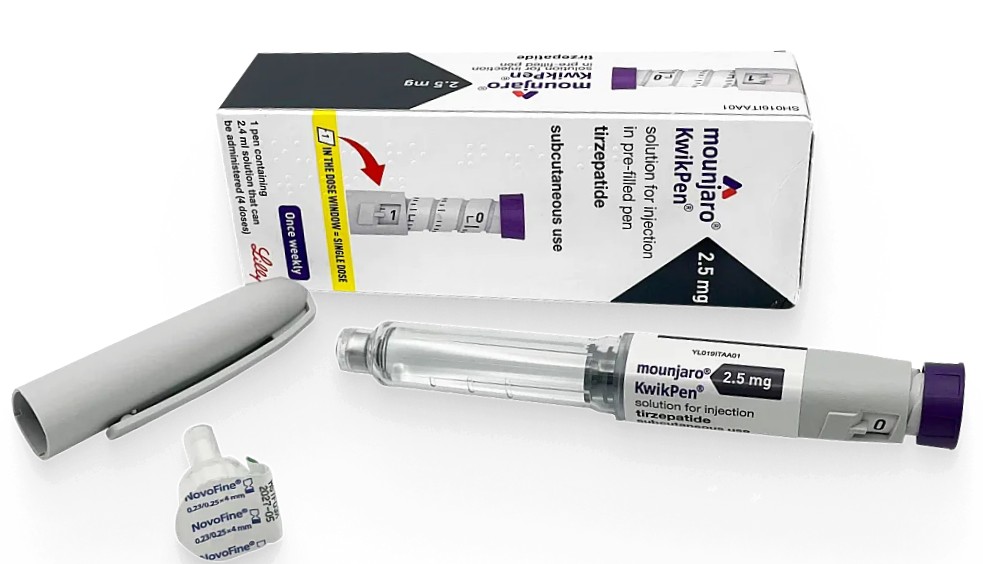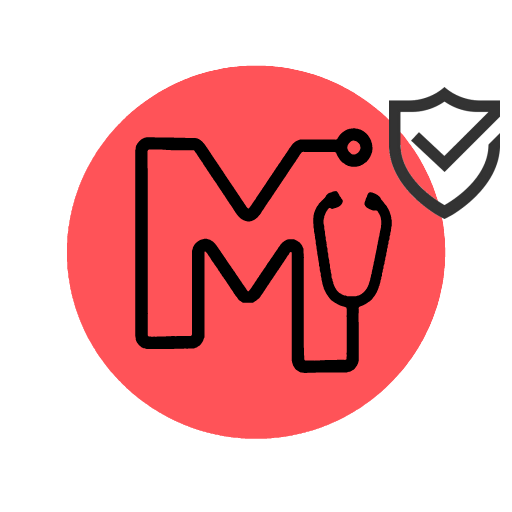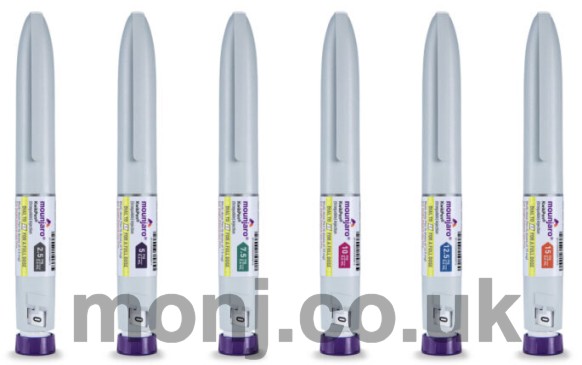Spot a Fake Pharmacy?
A guide by Monj to help spot a a fake pharmacy in the UK
Shopping with an Online Pharmacy: The Pros and Cons (Risks)
The convenience of shopping with an online pharmacy is undeniable. Offering 24-hour services, these platforms are often cheaper, simpler, and more discreet than visiting a high-street pharmacy or scheduling an appointment with a doctor. This combination of accessibility, affordability, and privacy explains their rapid rise in popularity over the past decade.
However, as with every silver lining, there’s a cloud. While online pharmacies provide numerous benefits, they also come with risks, particularly for consumers who are not vigilant about the legitimacy of the services they use.
Monj is not a replacement for regulators and we strongly suggest you validate any pharmacy with the GPhC. Please read the guidance on the GPhC website: Buying medicines safely online
The Risks of Buying Medicine Online
The growing popularity of online pharmacies has attracted scammers who exploit the system to sell counterfeit and potentially dangerous medicines. These fraudulent actors prey on customers who may lack the knowledge to identify a legitimate provider. Some of the most frequently counterfeited drugs include medications for erectile dysfunction and weight loss—conditions that some people feel embarrassed to discuss with their doctor or pharmacist. Unfortunately, while these customers believe they’re securing a discreet and cost-effective solution, they may end up receiving medications that are fake, unsafe, or ineffective.
Counterfeit medicines purchased from unregulated or illegal online pharmacies pose serious risks to consumer health. Below are some of the primary dangers:
- Harmful Ingredients: Counterfeit drugs may contain different active ingredients than advertised, some of which could be harmful to your health.
- Ineffective Products: Fake medication might lack any active ingredients, rendering the drug ineffective for its intended use.
- Incorrect Dosages: Counterfeit medicines may have incorrect concentrations or combinations of active ingredients, increasing the risk of adverse reactions or harmful side effects.
- Unsafe Manufacturing: Rogue online pharmacists often source their products from manufacturers who disregard safety protocols, further jeopardizing consumer health.
- Addiction Risks: Purchasing medication without a prescription can lead to the misuse of drugs, particularly those that are addictive.
For those who rely on online pharmacies, understanding these risks is critical to safeguarding their health.
Genuine Mounjaro Pens look like?

Viewing the how-to-use page shows how one should work and how they look!
How to Spot an Unregulated Online Pharmacy
There are several red flags that may indicate you’re dealing with a rogue or unregulated online pharmacy. If you encounter any of the following warning signs, proceed with extreme caution—or better yet, avoid the website entirely:
- No Consultation Required: Legitimate pharmacies require a prescription for prescription-only medicines, often through a consultation with a healthcare professional.
- Unbelievably Low Prices: If the price of a medication seems too good to be true, it probably is.
- Lack of Certification: A legitimate pharmacy will clearly display certification, licensing, and regulatory details, such as MHRA or GPhC accreditation.
- Bulk Deals: Offers to purchase large quantities of medication at a discount may indicate an untrustworthy provider.
- Spam Emails: Unsolicited emails advertising low-cost medications or miracle cures are a hallmark of fraudulent operations.
- No Contact Information: Reputable pharmacies list full contact details, including a physical address and customer service channels.
- Non-GBP Pricing: Genuine UK-based pharmacies typically list their prices in GBP (£).
Additional Signs
- Global Shipping Promises: Guarantees to ship anywhere in the world or charge customs fees for medication are often signs of illegitimacy. (Some regulated pharmacies do have international export licenses – they are rare)
- Non-UK Registration: Websites not registered in the UK may lack the legal oversight of UK regulators.
- Lack of Medical Information: Trustworthy online pharmacies provide detailed information about the medications they sell, including dosage, side effects, and precautions.
- Absence of Medical Screening: Legitimate providers ask for medical information, mirroring your GP’s questions before prescribing medication.
If a website fails to meet these basic criteria, it’s safest to avoid purchasing any medication. Doing so could mean risking not only your health but also your life.
A Simple Rule of Thumb to Remember

If it seems too good to be true, it probably is. An unsolicited email advertising cheap medicine, “miracle” pills, or outrageous claims is almost always a scam. Best-case scenario, these products will do nothing to improve your condition. Worst-case scenario, they could cause serious harm.
Monj has verified all the pharmacies listed on the website and provides links directly to them and the GPhC page for each entry.
Who Regulates Online Pharmacies?
Given the scale of the problem, even regulatory bodies struggle to manage the sheer number of illegitimate online pharmacies. The Medicines and Healthcare Products Regulatory Agency (MHRA) has stated that it is “completely impossible” to control them all.
However, there are reputable organizations that regulate legitimate online pharmacies. Look for accreditation from the following regulatory bodies when assessing an online pharmacy:
- General Pharmaceutical Council (GPhC): This organization maintains a register of accredited pharmacies and professionals, ensuring they meet industry standards. (All pharmacies listed on Monj are GPHC Regulated)
- Medicines and Healthcare Products Regulatory Agency (MHRA): The MHRA oversees the safety and efficacy of medicines in the UK and ensures compliance with pharmaceutical regulations.
- Care Quality Commission (CQC): The CQC assesses and accredits healthcare providers, including online pharmacies, to ensure they meet strict regulatory requirements.
When in doubt, you can verify the legitimacy of a pharmacy by checking its details against the records maintained by these organizations.
Protecting Yourself when you Spot a Fake Pharmacy

Shopping with an online pharmacy can be a convenient and cost-effective solution, but only if done responsibly. By staying vigilant and prioritizing safety over convenience, consumers can benefit from the advantages of online pharmacies without falling victim to scams or counterfeit medications. Always ensure the pharmacy you use is registered with the appropriate regulatory bodies, and never compromise your health for a deal that seems too good to be true.